Varicose veins are more than just a cosmetic issue — they can be a significant cause of leg pain and discomfort. If you’ve noticed bulging, twisted veins in your legs, you may be dealing with more than just an unsightly problem.At the Vein Institute of New Jersey, we want to help you understand the link between[…]
At the Vein Institute of New Jersey, one of the most common concerns we hear from patients undergoing treatment for Chronic Venous Insufficiency (CVI) is, "Do I need the veins you are removing?"
Sclerotherapy is a popular and effective treatment for varicose and spider veins, offering patients a way to achieve smoother, clearer skin. However, as with any medical procedure, it's important to set realistic expectations for the healing process.
Varicose veins are a common condition affecting many people, causing discomfort, pain, and aesthetic concerns. Fortunately, modern medical advancements provide effective treatment options like Ultrasound Guided Sclerotherapy (USG).
Vein procedures, such as ablations, can effectively treat conditions like varicose veins and spider veins. However, it's crucial to know when a vein procedure is truly necessary. At the Vein Institute of NJ at The Cardiovascular Care Group, we regularly see patients who have been advised by other "vein" doctors to[…]
Vein procedures, such as endovenous ablation and sclerotherapy, are effective treatments for varicose veins, spider veins and other venous conditions. While the procedure itself is most important, post-treatment care plays a significant role in ensuring optimal outcomes and long-term success.


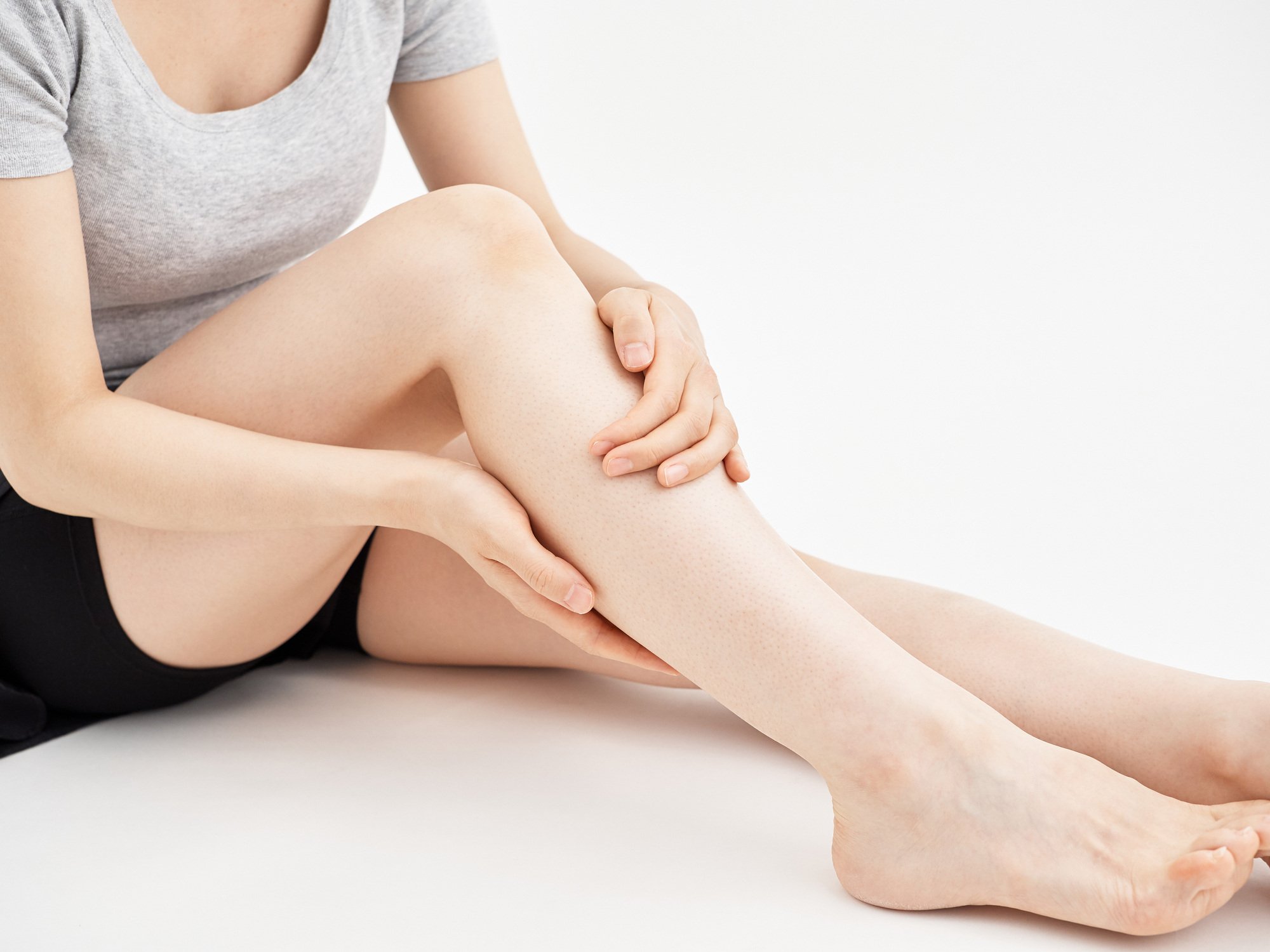
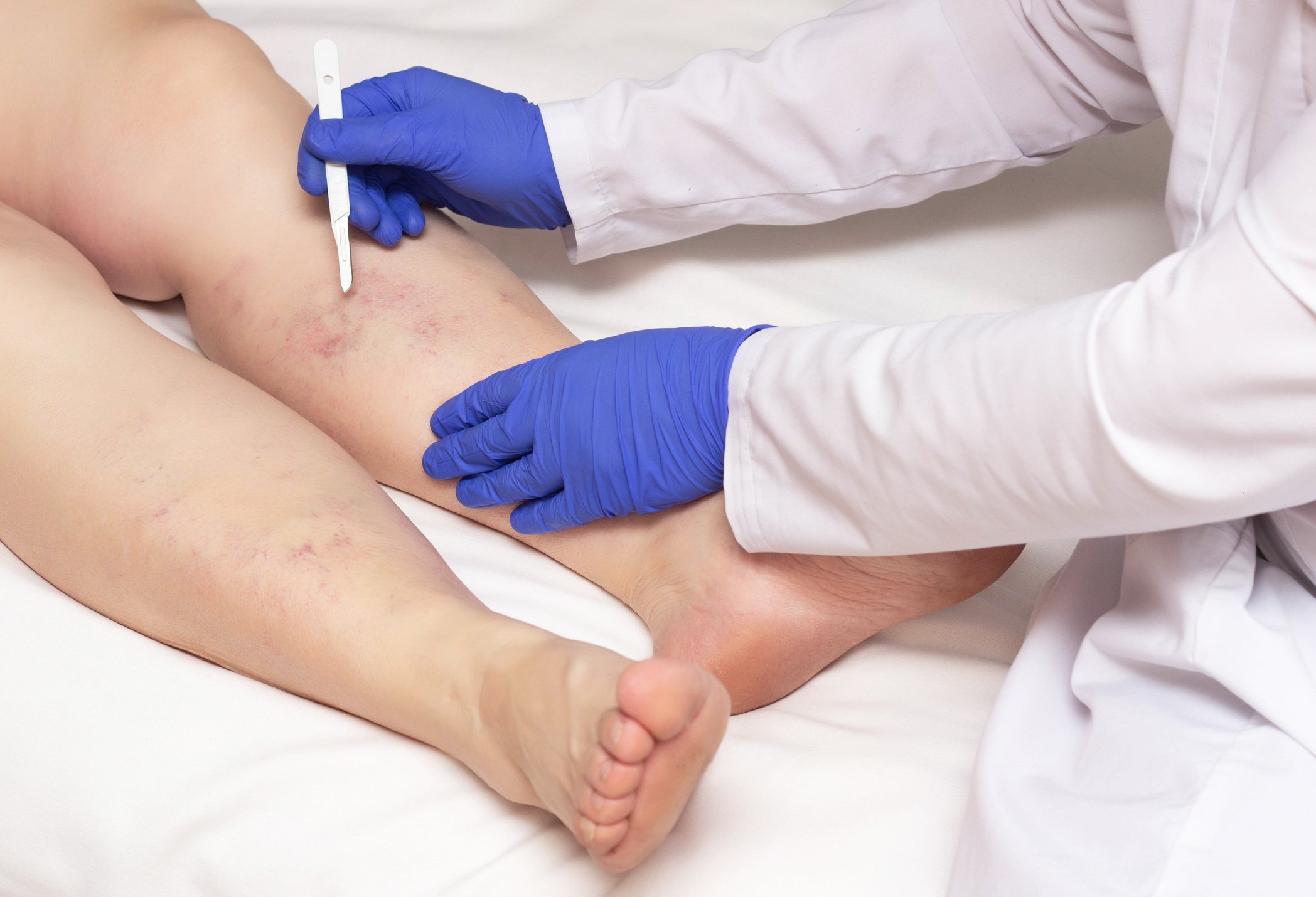
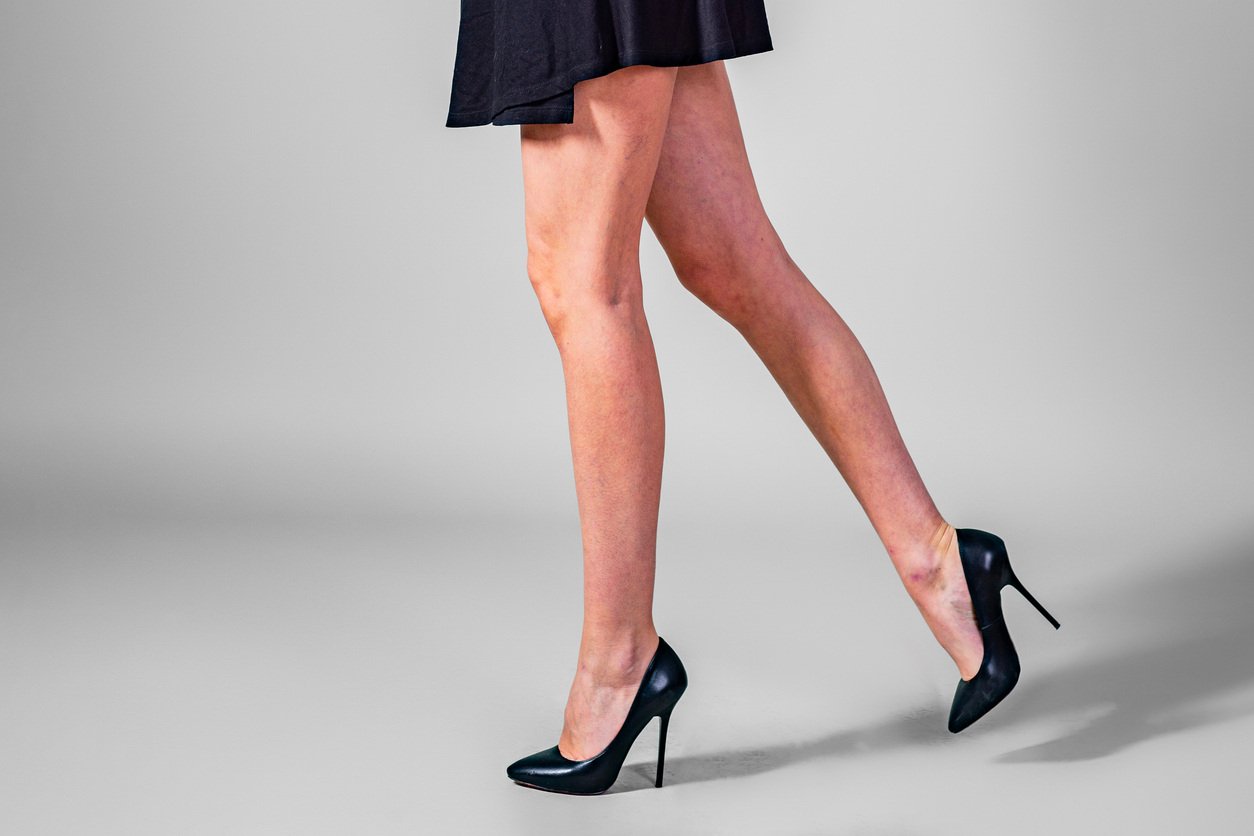
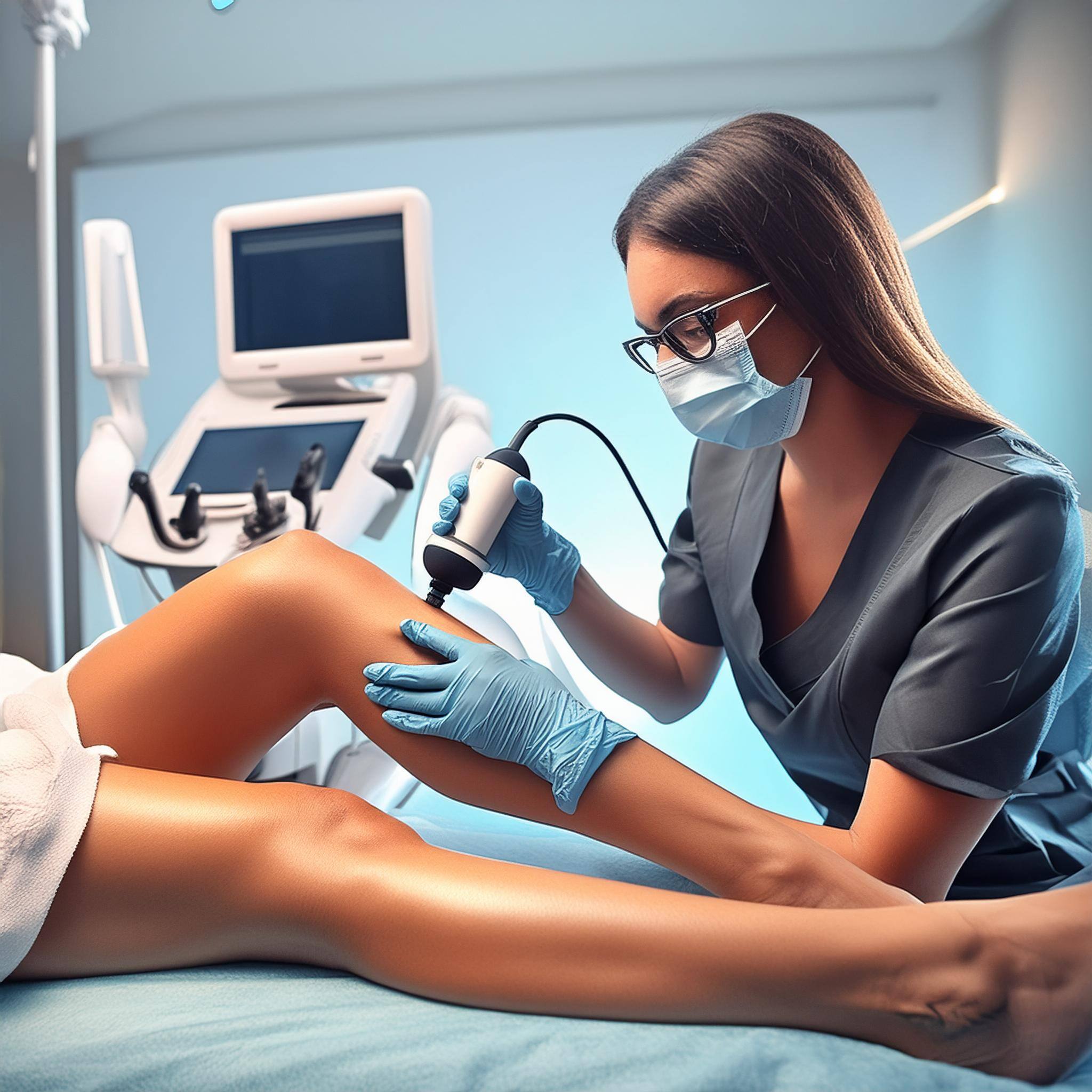
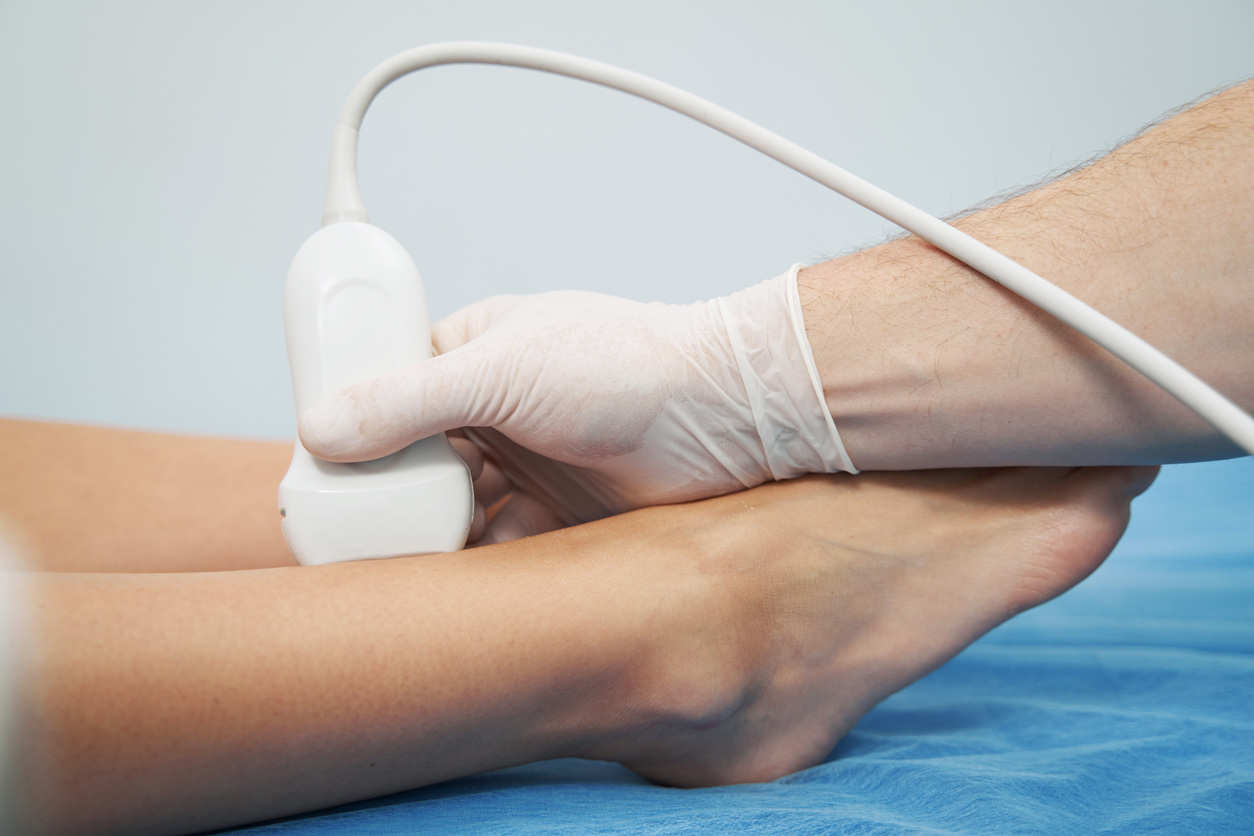
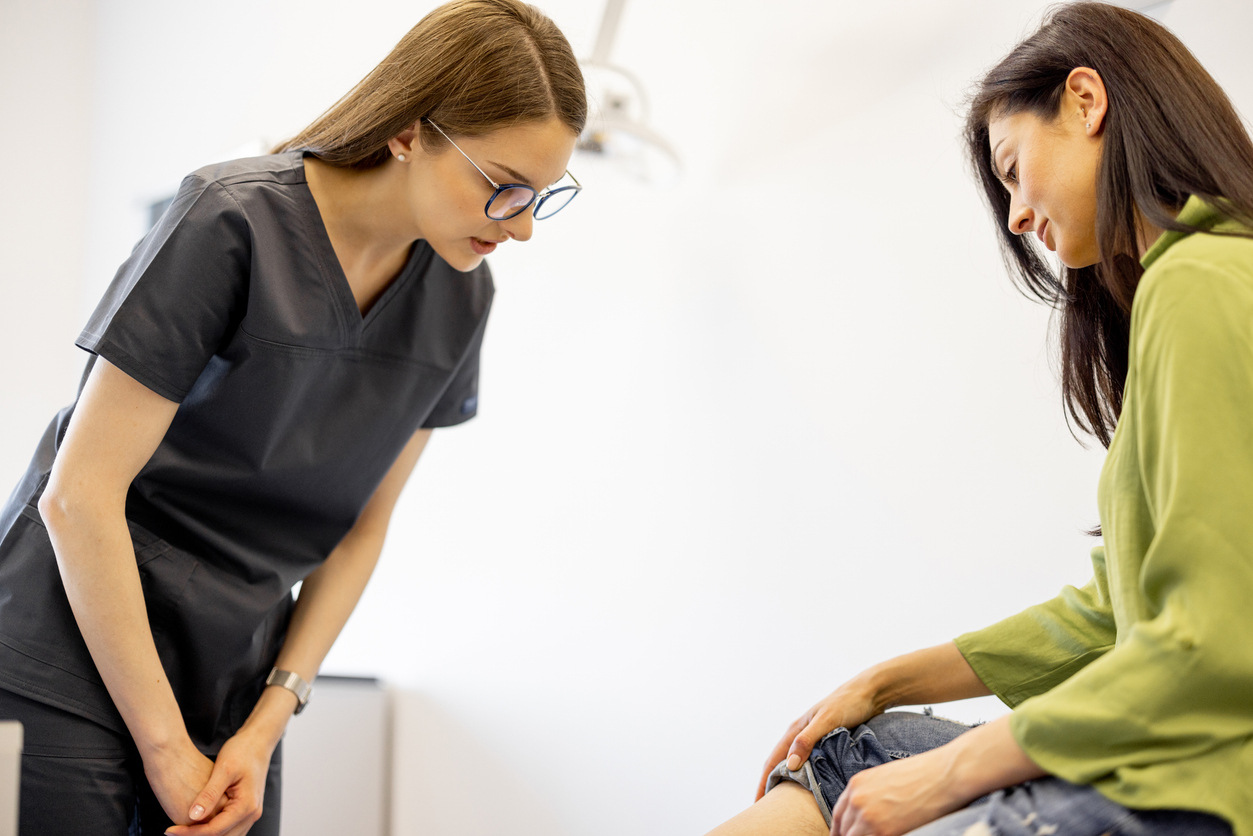



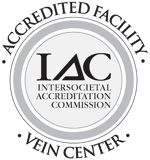
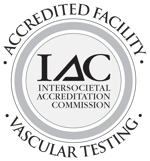
.jpg?width=944&name=Castle-Connolly-Top-Doctors-Emblem-Large%20(4).jpg)